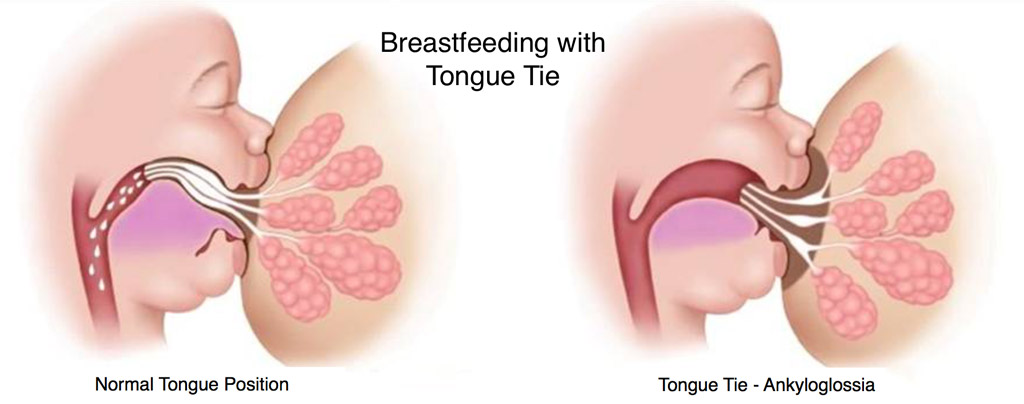Introduction
Pregnancy is one of those times where there must be extra attention placed on good dental hygiene for the sake of the expecting mother, but also for the dental development of the foetus. Many pregnant women will ask about future dental needs for their child but are not fully educated on proper care for themselves, despite a high level of concern. Many expectant parents are unsure about the exact timing they should begin dental hygiene practices for their children, along with the proper cleaning and toothbrushing techniques.
Historically, it has been said that for every pregnancy there is a loss of one tooth. Of course this is not the case but there are some factors that make pregnancy a time where the dental health can become worse over the period of the pregnancy.
There is a hormonal alteration in the pregnant individual, and most of the changes are caused by a hormone called oestrogen. There is also a bacteria found in the mouth called Prevotella intermedia. In pregnancy, there is an increase in the number of hormones and bacteria, which causes the amount of inflammation to increase. Inflammation will occur to a greater extent when there is more plaque and calculus on the teeth, so even slightly poor dental hygiene could result in lots of bleeding gums, or gum disease due to inflammation.
Gum disease in pregnant individuals is also linked with preterm, low birth-weight neonates (newborns).
Another concern is that pregnant women will feel quite nauseous and may frequently vomit. This will make looking after teeth much harder, and will contribute to dental erosion due to the presence of stomach acids coming into the mouth. The effects of vomiting on the teeth can be minimised by consuming dairy products, rinsing with a bicarbonate rinse (warm water, half tablespoon of salt, and a tablespoon of bicarbonate soda), or purchasing CPP-ACP from a dentist.
Nutrition and its effect on the foetus
The development of teeth starts around 6 weeks after the embryo starts to form. There is a lot of research going on at the moment to determine if anything affects the foetus’ development of the teeth and jaws prenatally.
During the early phase of tooth growth, damage can occur to the teeth and jaws due to things like malnutrition. These can have irreversible changes on the teeth and jaws.
Poor maternal nutrition can have the following effects on the foetus:
- Evidence from underdeveloped countries with poor nutrition shows that a defect in enamel called enamel hypoplasia is common. People with enamel hypoplasia have a much greater chance of developing tooth decay on those areas; and
- Poor prenatal nutrition is associated with a higher risk of mothers having tooth decay, and consequently are also more likely to transmit decay-causing bacteria to their children through oral contact e.g. kissing and sharing cutlery.
Guidelines for expectant mothers
- A woman planning on a pregnancy should see a dentist prior to becoming pregnant if at all possible, to complete all dental treatment required and to assess what level of risk she is at.
- Pregnancy is a critical time to focus on preventing dental problems.
- Emphasis on the food pyramid, eating a well balanced diet, along with lots of calcium is of great importance. Sweets and low-nutrient foods should be minimised.
- It is important to concentrate on low fat, and low sugar snacks if at all possible i.e. celery sticks, carrot sticks, milk, cheese, other milk products as these will minimize the risk of dental decay.
- Reducing those bacteria that cause tooth decay via mouthwashes containing chlorhexidine gluconate has been shown to reduce both the transfer of decay-causing bacteria to their children and also tooth decay in the children.






